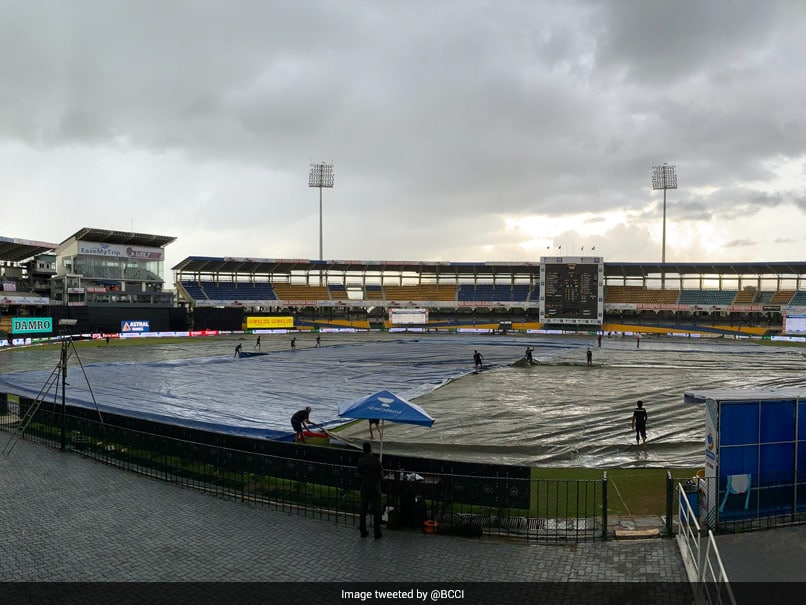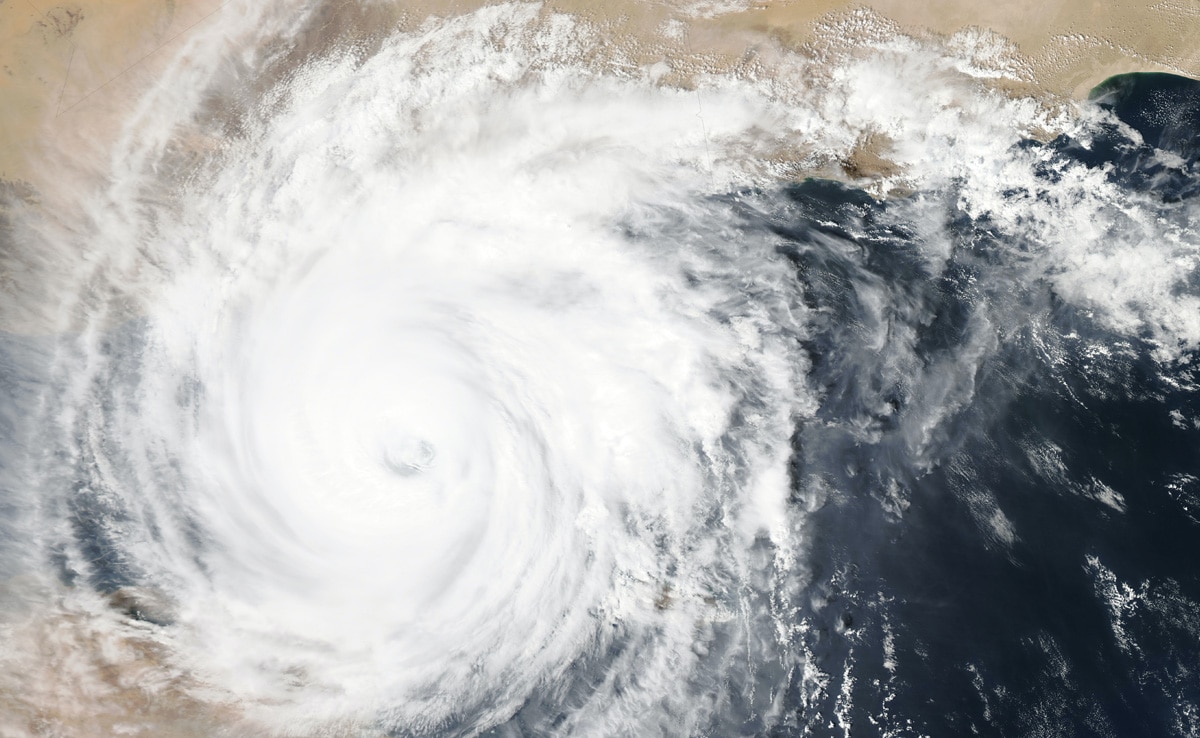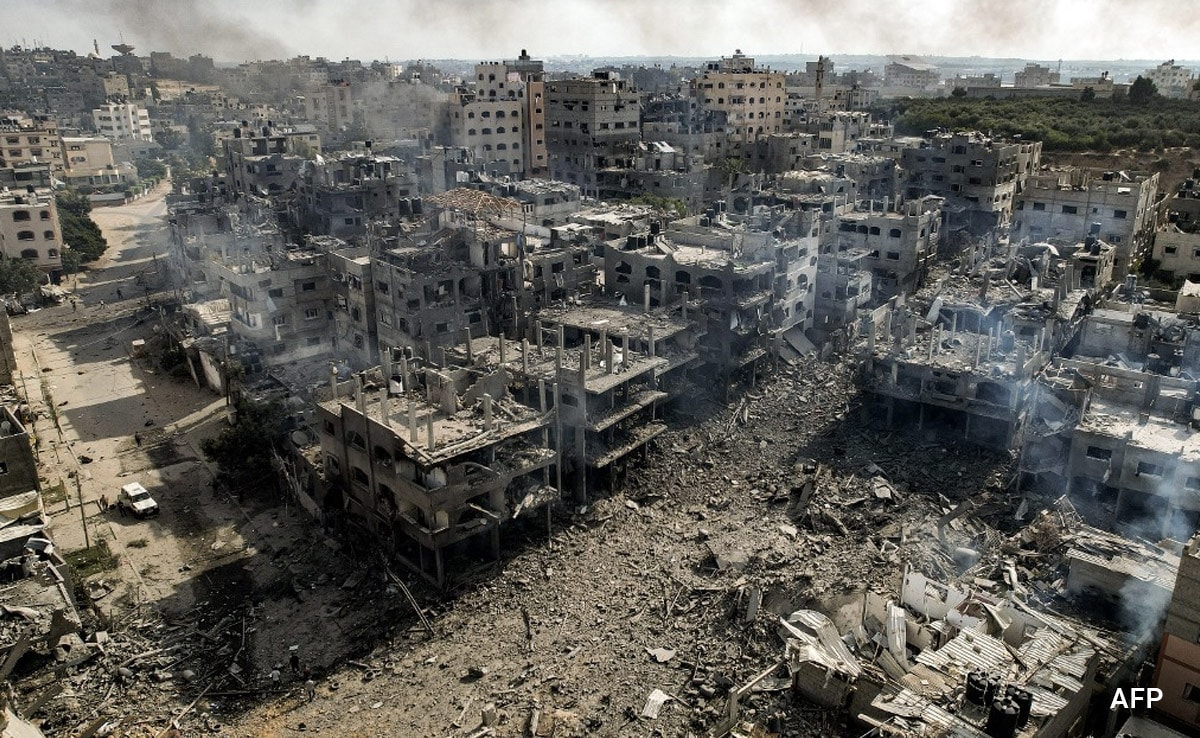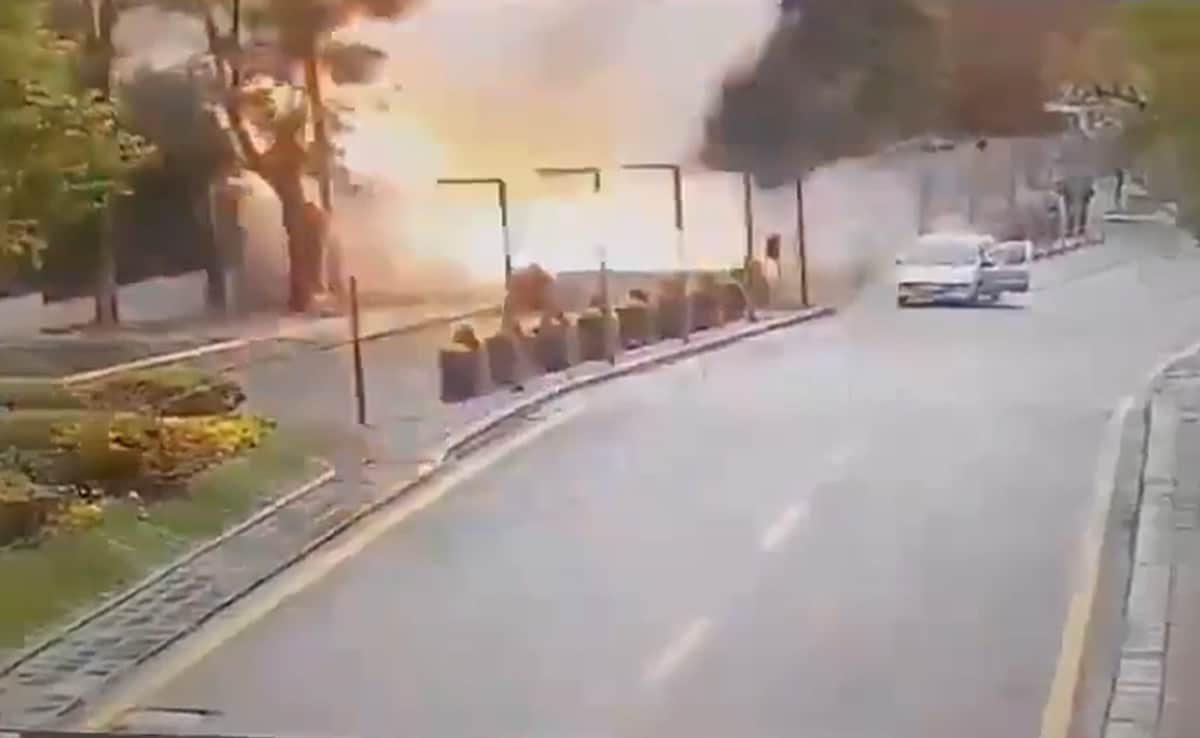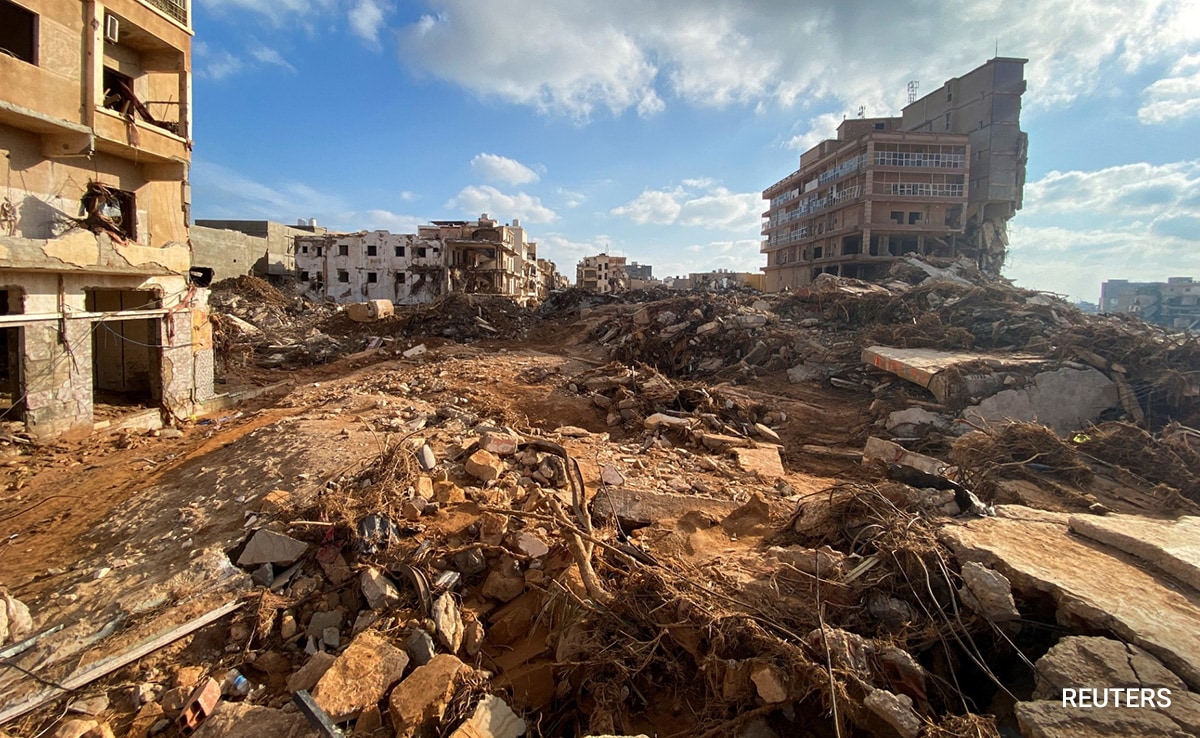Turkish attacks in Kurdish-held northeast Syria killed 29 Kurdish security personnel and wounded 28 at an academy for the forces, authorities in the semi-autonomous area said on October 9.
Turkey has been bombing sites in the area since October 5, hitting civilian and military targets and infrastructure and causing casualties, according to Kurdish authorities.
An academy for the Kurds’ anti-drug forces was among several targets overnight, the Kurdish authorities said in a statement, adding that “29 members of the anti-drug forces were killed and 28 others were wounded”, some of them critically.
The Syrian Observatory for Human Rights, a UK-based monitor, reported that 30 members of the Kurdish internal security forces, known as the Asayish, were killed and 37 others wounded after a Turkish war plane targeted a training centre on the outskirts of Al-Malikiyah at midnight.
AFP correspondents said that authorities in the area have called for blood donations, while witnesses said that hospitals were full of casualties.
Amid the chaos of Syria’s long-running civil conflict, Syria’s Kurds have carved out a semi-autonomous area in the country’s northeast.
Turkey’s Defence Ministry said on October 6 it launched a new wave of air strikes in retaliation for an attack in Ankara earlier this month that wounded two security personnel.
A branch of the Kurdistan Workers’ Party (PKK) — listed as a terror group by Ankara and its Western allies — claimed responsibility for the first bombing to hit the Turkish capital since 2016.
Turkey launched strikes on PKK positions in northern Iraq hours after the October 1 attack, with Foreign Minister Hakan Fidan saying days later that the assailants “came from Syria and were trained there”.
Kurdish denial
The U.S.-backed, Kurdish-led Syrian Democratic Forces spearheaded the battle to dislodge Islamic State group fighters from their last scraps of territory in Syria in 2019.
Turkey views the Kurdish People’s Protection Units (YPG) that dominate the SDF as an offshoot of the PKK.
The SDF, the Kurds’ de facto army in the northeast, denied that those behind the Ankara attack had passed through the area.
Turkish bombings had largely subsided over the weekend after strikes hit energy infrastructure, including power stations and oil facilities on October 5 and October 6, killing at least 15 security personnel and civilians, according to the Kurdish authorities.
Since 2016, Turkey has carried out successive ground operations to expel Kurdish forces from border areas of northern Syria, and Turkish President Recep Tayyip Erdogan has threatened a new incursion.
Turkey supported early rebel efforts to topple Syrian President Bashar al-Assad, and maintains a military presence in northern stretches of the war-torn country which angers Damascus.
In November last year, Turkey launched air strikes on Kurdish-held areas of Syria and Iraq in response to a bombing in Istanbul that killed six people.
The conflict in Syria has killed more than half a million people since it began in 2011 with a brutal crackdown on anti-government protests, spiralling into a devastating war involving foreign armies, militias and jihadists.




